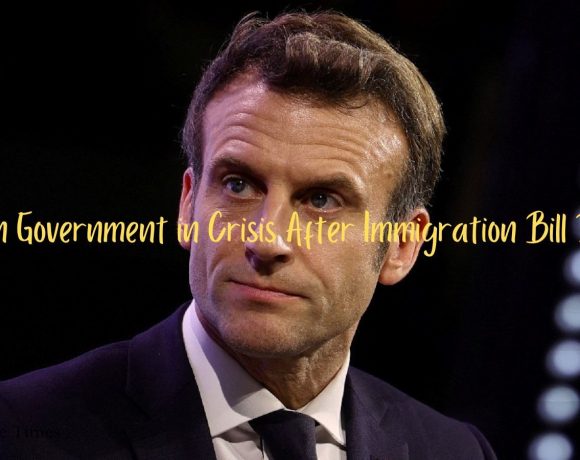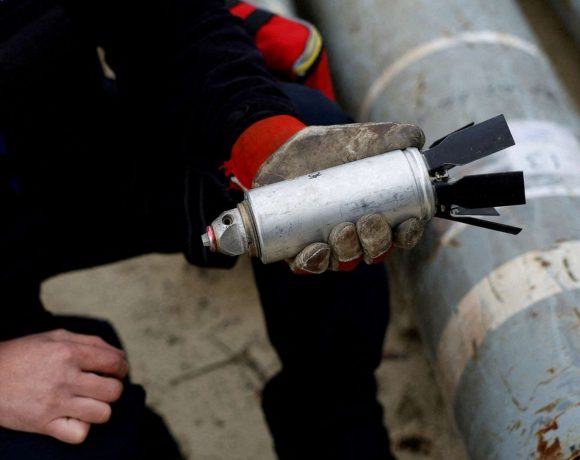
French President Emmanuel Macron and German Chancellor Olaf Scholz are meeting in Berlin amid tensions over Europe’s response to Russia’s actions in Ukraine. Macron emphasized that Europe’s security, including France’s, is on the line in Ukraine, warning that a Russian victory would be detrimental to Europe. However, Scholz has been more cautious, rejecting the deployment of Germany’s Taurus cruise missiles.
Ukraine is facing a critical shortage of arms, exacerbated by the delay in a $60 billion US military aid package due to Republican opposition in Congress. Despite being the largest European contributor of military aid to Ukraine, Germany faces pressure to do more. Polish Prime Minister Donald Tusk, also attending the meeting, urged their three countries to rally European support for Ukraine, emphasizing the need for tangible assistance over mere rhetoric.
Differences between Paris and Berlin have widened, with Scholz insisting that deploying long-range missiles would require German troops in Ukraine, a stance Macron disagreed with. Macron, while acknowledging the possibility, stressed France’s commitment to peace and warned of Russia’s expansionist ambitions beyond Ukraine.
Ahead of the meeting, Scholz assured Ukrainian President Volodymyr Zelensky of their commitment to organizing support for Ukraine. Zelensky emphasized Ukraine’s urgent need for armored vehicles, artillery, and air defense.
NATO Secretary-General Jens Stoltenberg highlighted Ukraine’s dire need for ammunition, attributing recent Russian advances to this shortage. He urged NATO allies to provide necessary support. A Czech-led initiative to procure weapons from outside Europe has secured funding for 300,000 shells, with deliveries expected by June.
Picture Courtesy: Google/images are subject to copyright


